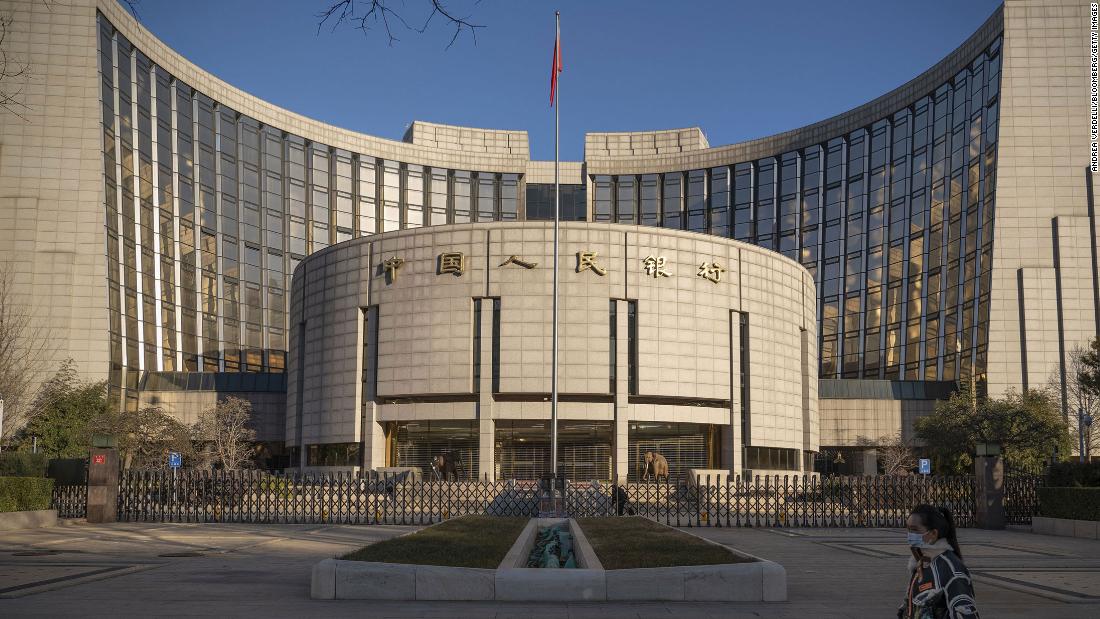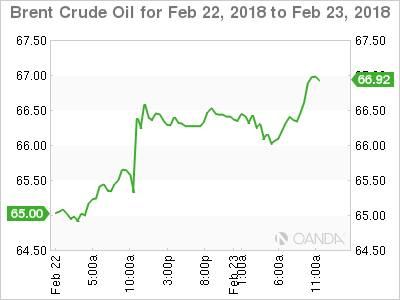Alright folks, let’s talk Yum China. The company just dropped a cool HK$4.6662 million to scoop up 11,200 of its own shares. That’s happening between HK$404.6 and HK$417.4 a pop. Now, on the surface, this is classic corporate maneuvering – a buyback. But what the hell does it actually mean?

Let’s break it down. Share buybacks are often seen as a vote of confidence from management. They’re saying, “Hey, we think our stock is undervalued!” It can also boost earnings per share, making the company look more attractive to investors. That’s the textbook answer, anyway.
However, let’s be real. Sometimes buybacks are just a way to prop up the share price when things are looking a little shaky. Are they genuinely believing in future growth, or are they just trying to hold the line? It’s a question worth pondering, especially in the current market climate.
Here’s a little knowledge drop for you:
Share buybacks are authorized by a company’s board of directors. They allocate funds specifically for repurchasing outstanding shares in the open market.
This reduces the number of shares available, potentially increasing demand. Ultimately, this scarcity can drive the stock price upward.
Companies often engage in buybacks when they have excess cash and limited internal investment opportunities. They are a return of capital to shareholders, albeit indirectly.
However, critics argue buybacks prioritize short-term gains over long-term investments in innovation and growth. It’s a tricky balance, honestly.
The market will be watching closely to see if this is a one-off move or the start of a more sustained buyback program. Will Yum China continue to put its money where its mouth is, or is this just a temporary fix? Only time will tell. Don’t just blindly follow the hype, people – do your own damn research!






